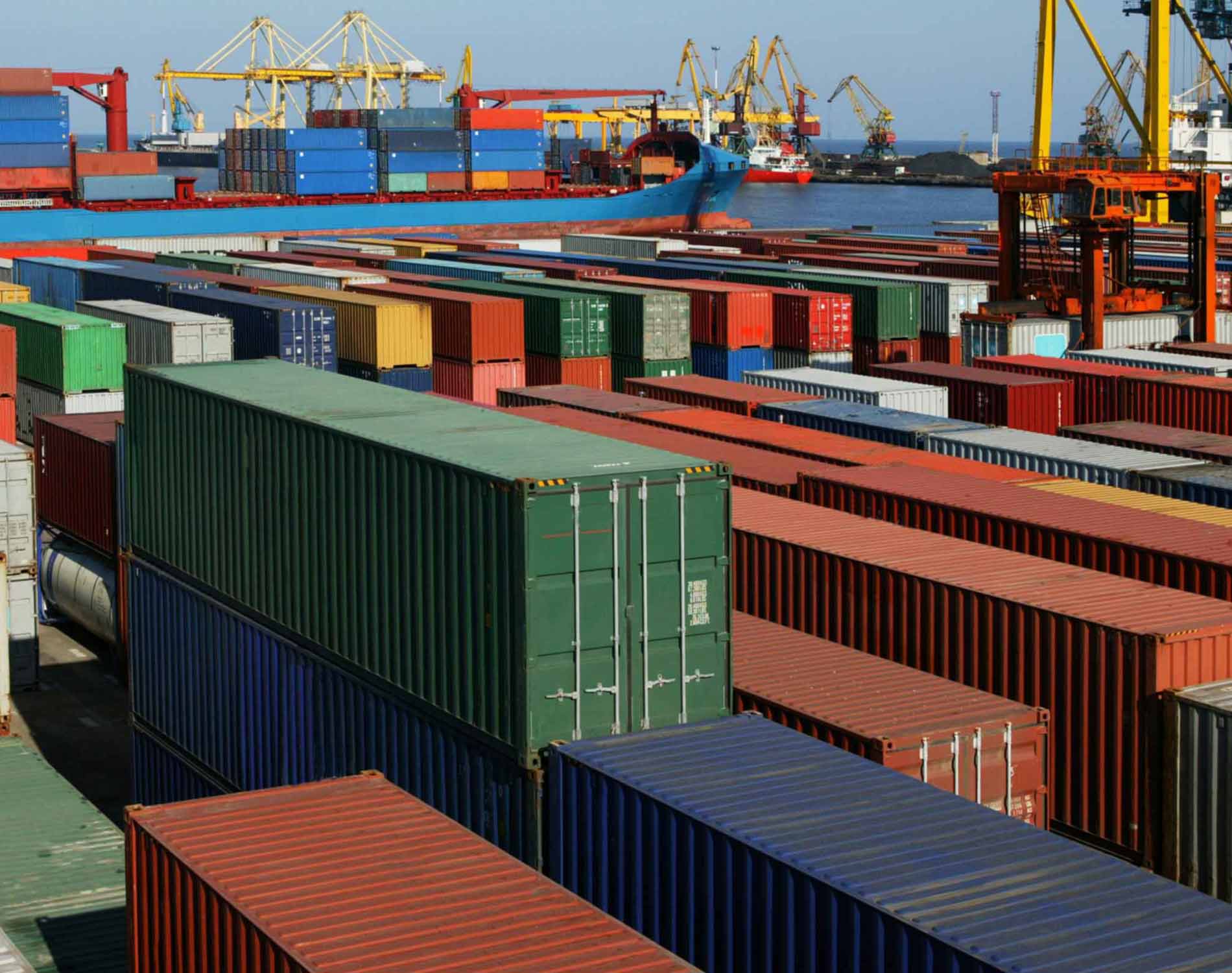Agriculture is the Solution, Not the Problem

The recently released EAT Lancet report outlines a worldwide call-to-action boasting “Healthy Diets from Sustainable Food Systems,” while offering no truly sustainable options. The report was called “dubious” and “irresponsible,” and HOTH agrees. Driven in large part by European organizations, the report lacked a foundation in sound science and reflects a growing disconnect between the United States and Europe on the critical role science and technology play in advancing more sustainable food production systems. This disconnect is particularly concerning to HOTH as Europe, a region that seems to be run more by activist NGOs than recognized governing bodies, seems determined to keep agriculture out of pending trade negotiations with the United States.
The EU is the second-largest pork consuming market in the world − in 2017, Europeans consumed nearly 89 billion pounds of pork. The EU is also one of the most protected agriculture markets. Unwarranted tariff and non-tariff barriers prevent U.S. pork producers from accessing an important market. European pork producers, on the other hand, face no such restrictions to the U.S. market. Like the EAT Lancet report, barriers erected by the EU lack scientific grounding and fairness.
The UN projects global population to increase by two billion persons in the next 30 years. Governments rise and fall based on the price of food. Rather than working at cross purposes with nations such as the United States, Canada, Argentina, Brazil, and Australia, the EU should be working with these nations to face the challenge of providing healthy, affordable food to a growing global population while at the same time reducing the environmental impact of food production systems. Modern agriculture is not the problem; it is the key part of the solution. Consider what U.S. agriculture has achieved:
|
Anti-meat propaganda masquerading as legitimate science is impeding progress toward something we all want: affordably priced food and benign environmental impact. Undermining those who produce the healthy protein that is an important part of healthy diet is not getting us anywhere. Let’s work together and allow competition and consumer choice to move us forward. The U.S.-EU trade negotiation is a good place to start.